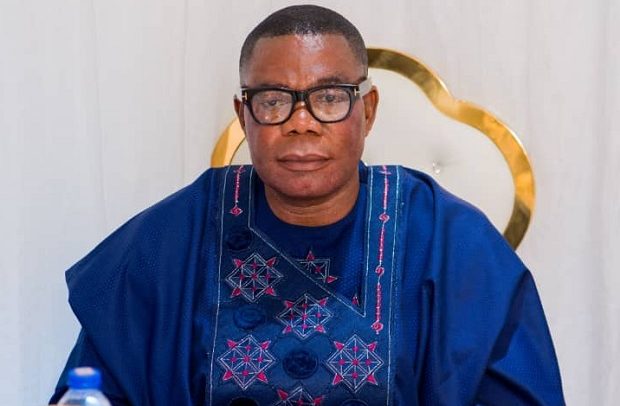Nana Okobeng Amponsah
The Chief Executive Officer (CEO) of Okobeng Mining Company, Nana Okobeng Amponsah, has called on the government to redirect its efforts in the clampdown on illegal mining, commonly known as galamsey.
Speaking to DAILY GUIDE in Accra, Nana Amponsah emphasised that the government’s focus should shift from targeting Ghanaian small-scale miners to tackling the influx of Chinese illegal miners operating in the country.
“We acknowledge the government’s efforts to combat galamsey, but we urge them to focus on the real culprits – the Chinese illegal miners who are devastating our environment and flouting our laws,” Nana Amponsah stated.
He argued that Ghanaian small-scale miners are often unfairly targeted and stigmatised, while foreign miners, particularly Chinese nationals, continue to operate with impunity.
“The Chinese illegal miners have the resources and technology to cause massive environmental damage, and they must be held accountable,” Nana Amponsah stressed.
Nana Amponsah’s call comes amid growing concerns over the devastating impact of galamsey on Ghana’s environment, water resources, and communities.
The government has launched several initiatives to combat illegal mining, including the deployment of military personnel to mining areas.
It followed sustained media campaign by various stakeholders that urged the government to take action against illegal mining activities and ensure that mining companies operate within the law and contribute to the country’s economy.
However, Nana Amponsah believes that a more targeted approach is needed to address the root causes of the problem.
“We need to distinguish between Ghanaian small-scale miners who are trying to make a living and foreign illegal miners who are exploiting our resources,” he said.
Nana Amponsah spoke out against the activities of Chinese illegal miners in the country, stating that they are draining the economy and contributing to the current economic crisis.
According to the CEO, the Chinese miners ship the gold they produce out of the country to destinations such as Côte d’Ivoire, Dubai, and China, without selling it in Ghana or paying taxes.
“This means that Ghana does not benefit from the gold produced by these miners, and the country loses out on much-needed foreign exchange,” he indicated.
He noted that if the Chinese miners were to sell their gold produce in Ghana, and the government was to handle the shipment, it would bring in more dollars and help reduce pressure on the exchange rate.
The Okobeng boss also highlighted the double standards in the treatment of Ghanaian and Chinese miners.
“When the Chinese people are mining gold, nobody goes there to arrest them, but the moment a Ghanaian goes there to wash ‘somp’ (a local term for gold washing), he would be arrested,” Mr. Amponsah said.
The Okobeng Mining Company CEO urged the government to engage stakeholders, including local communities and licensed miners, to find sustainable solutions to the galamsey menace.
By Ernest Kofi Adu


